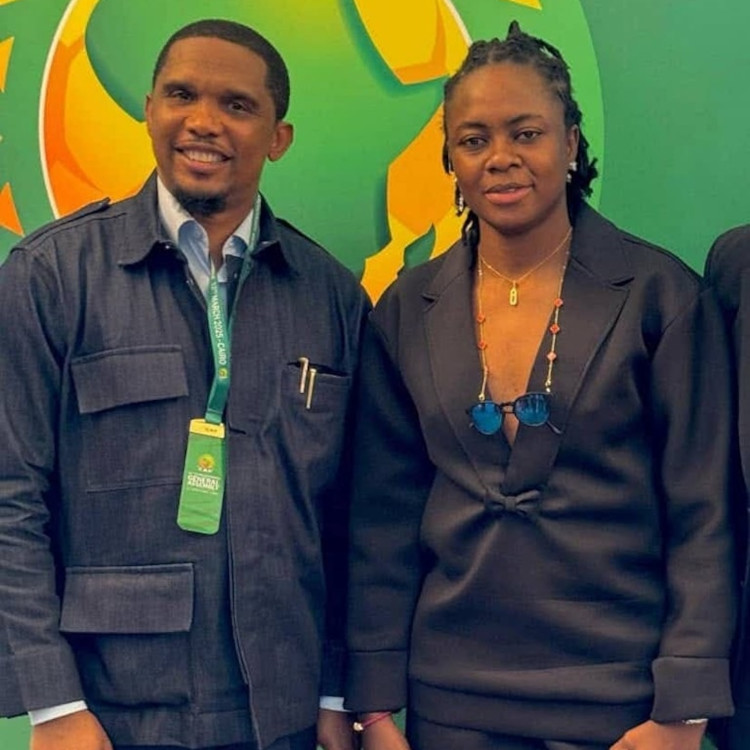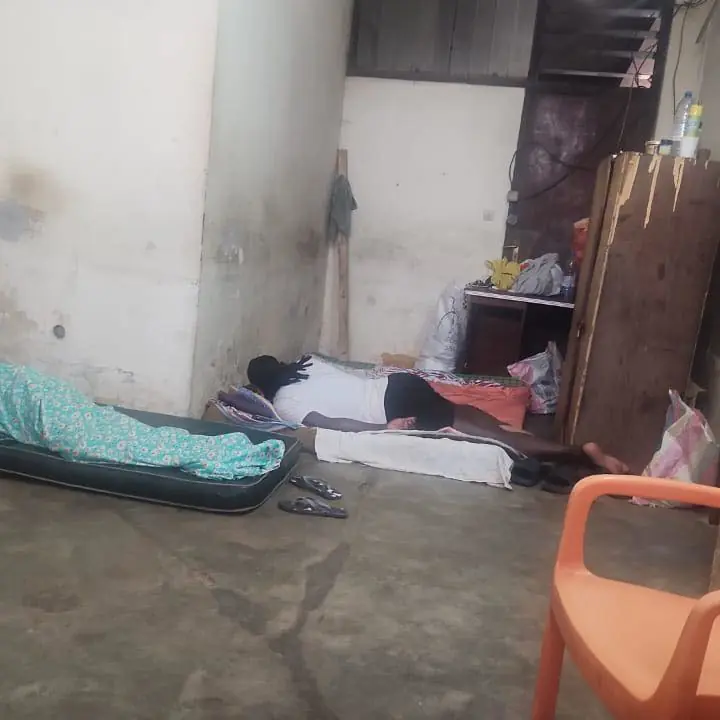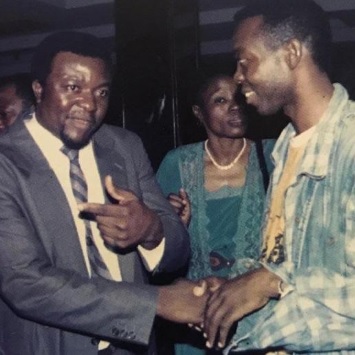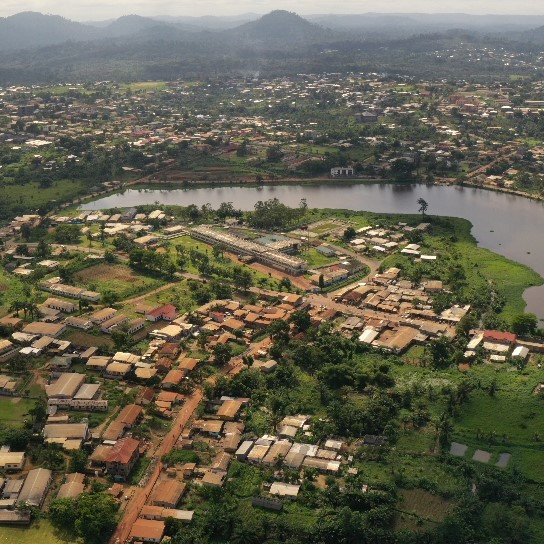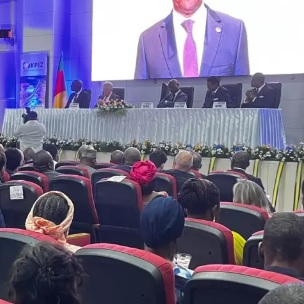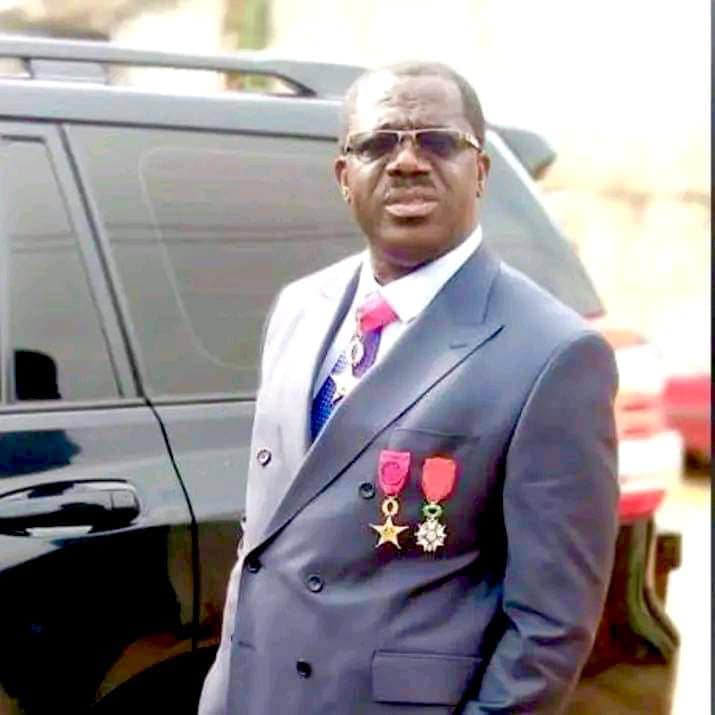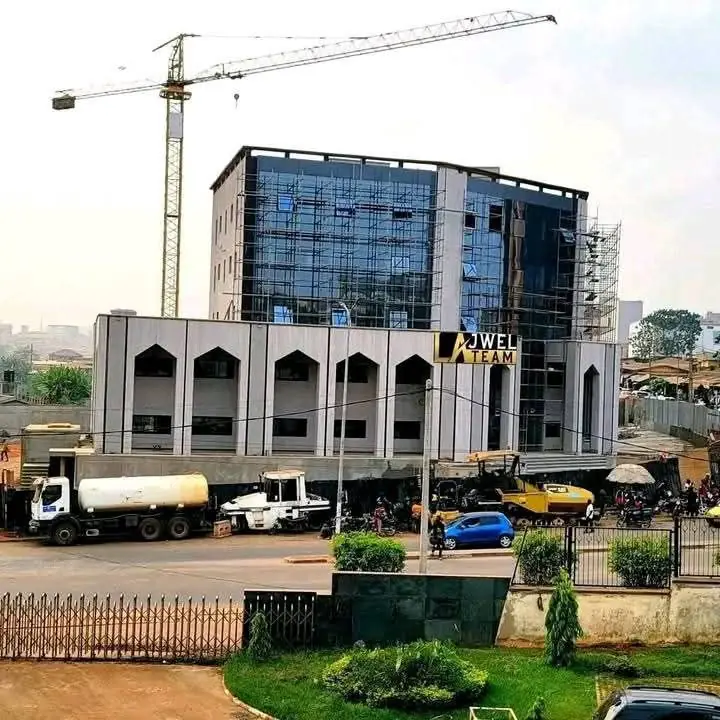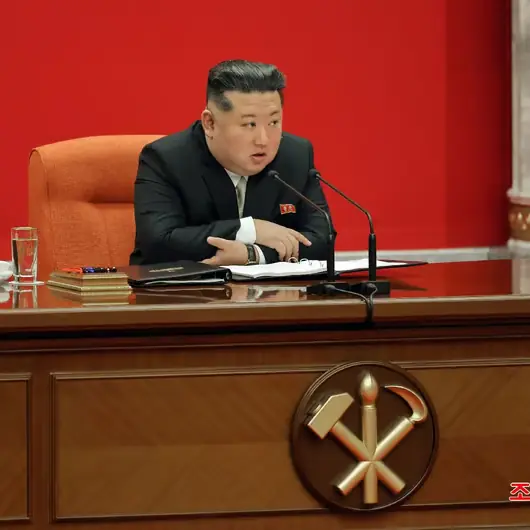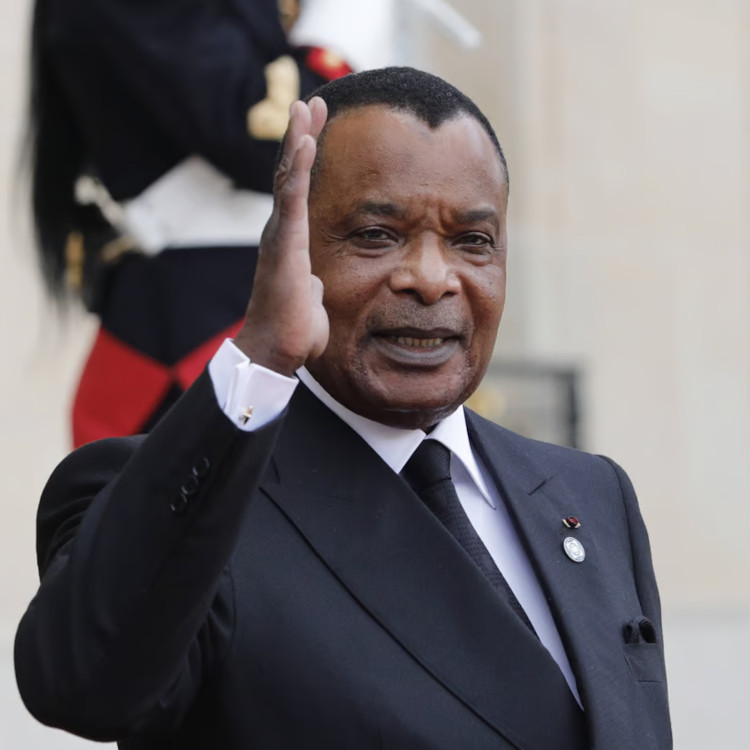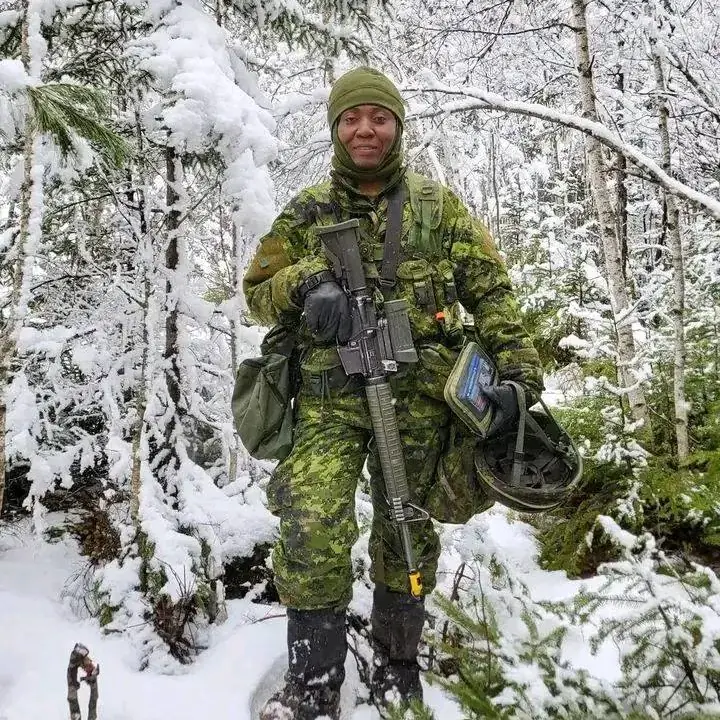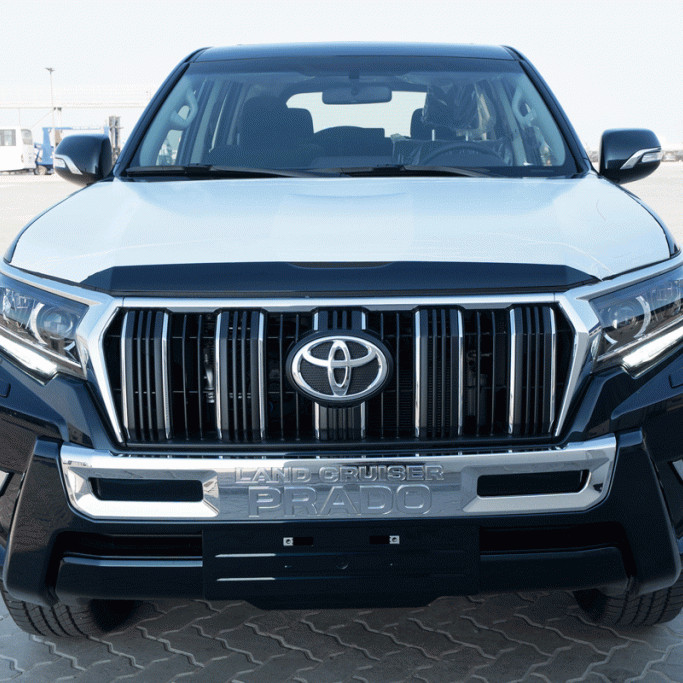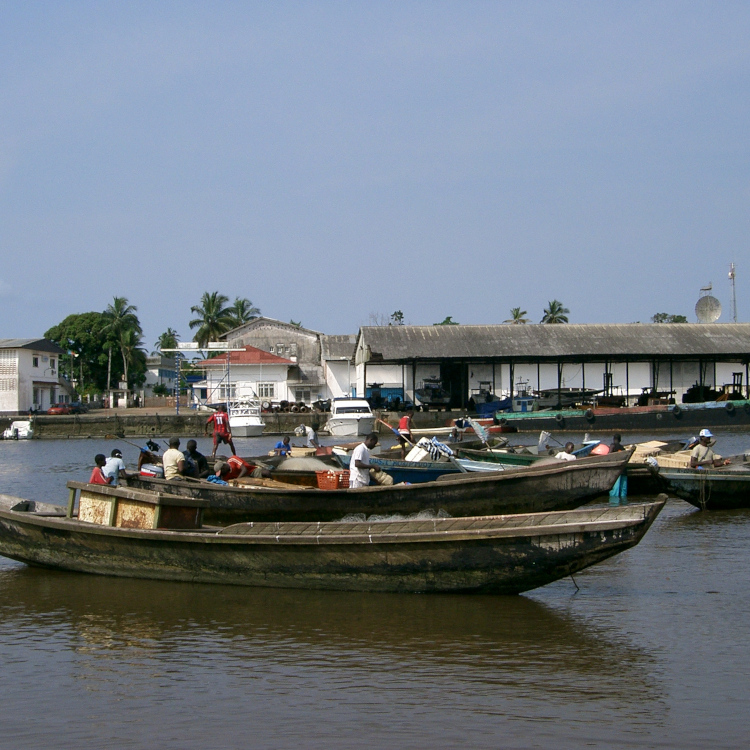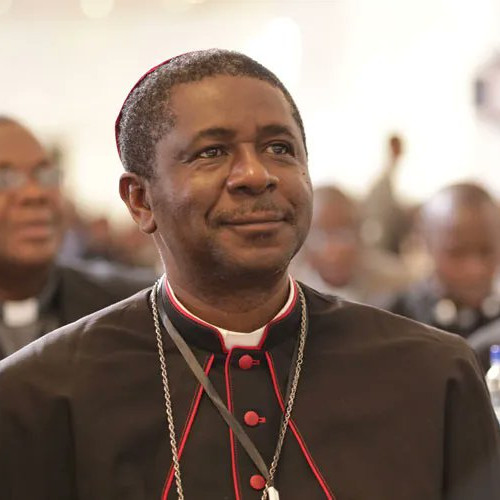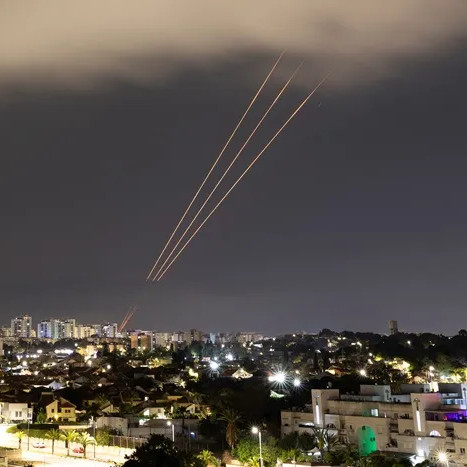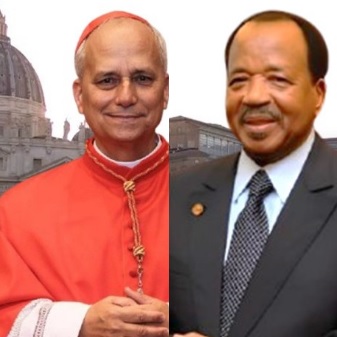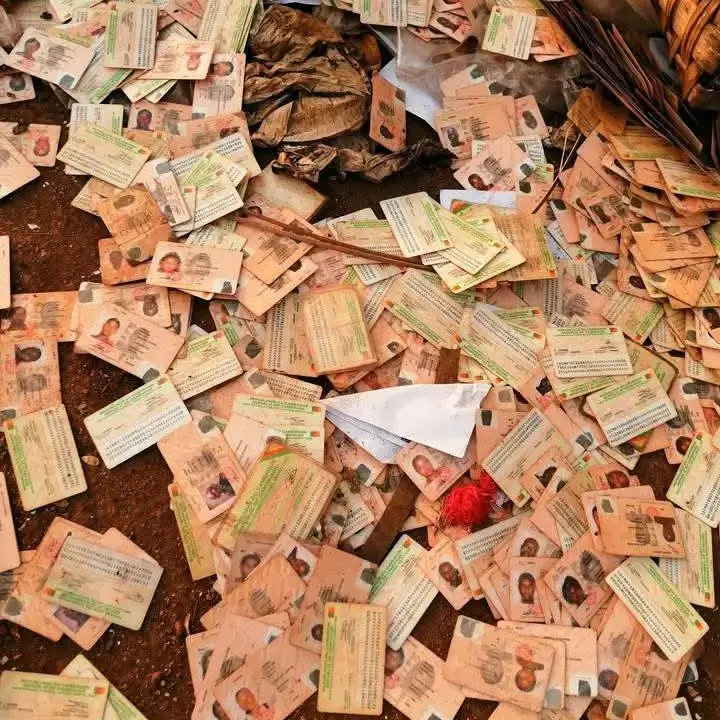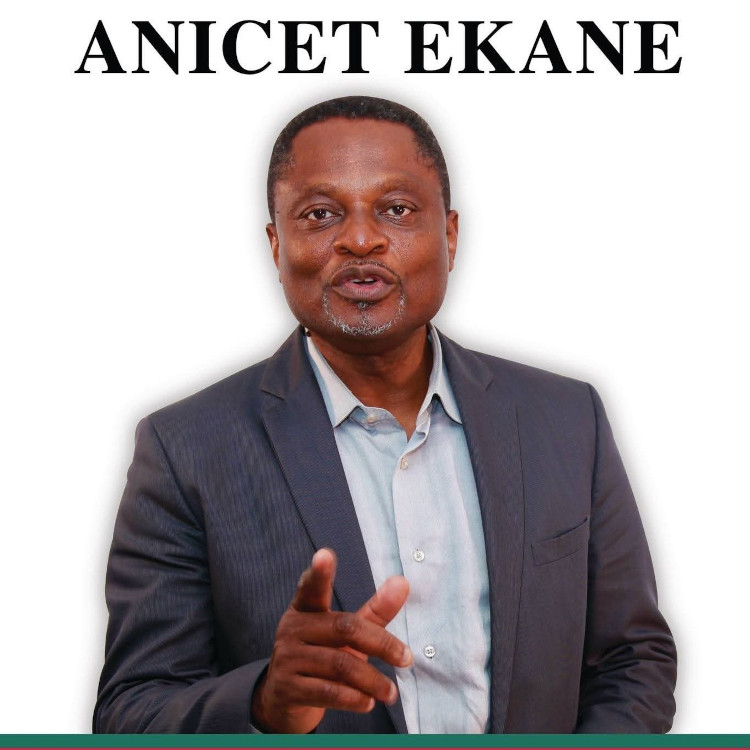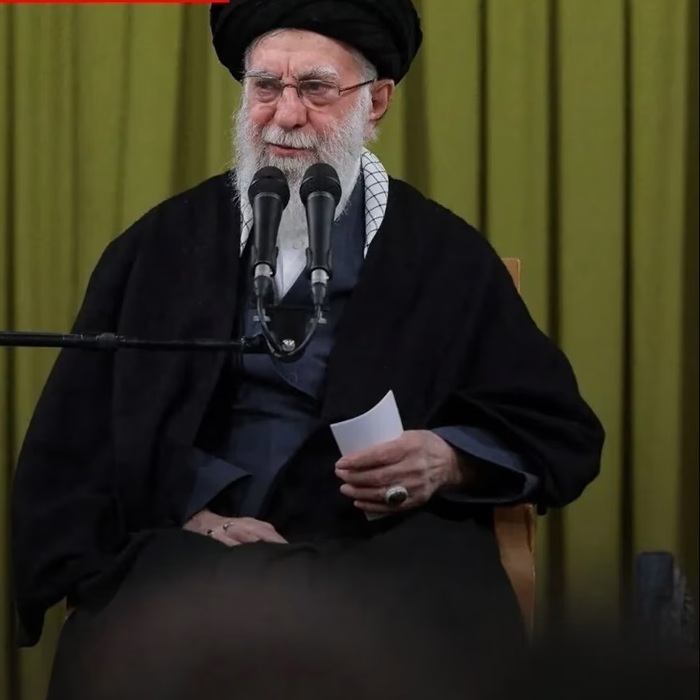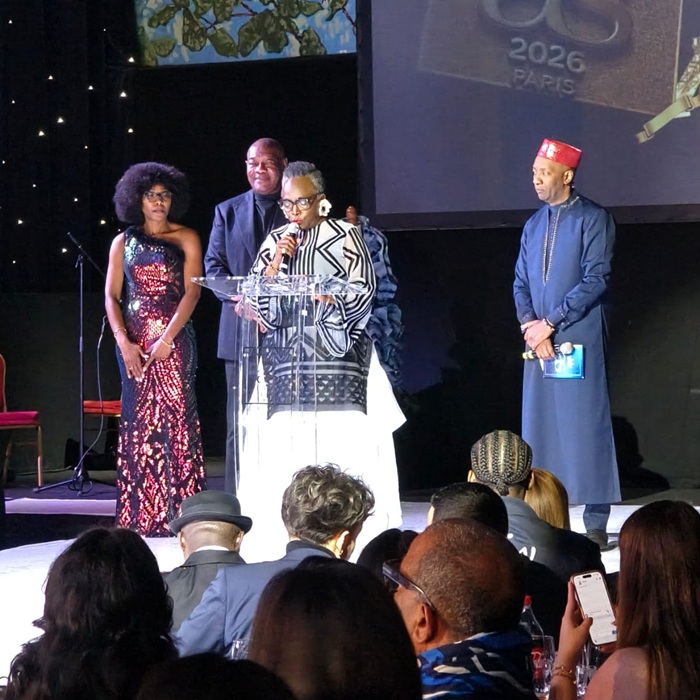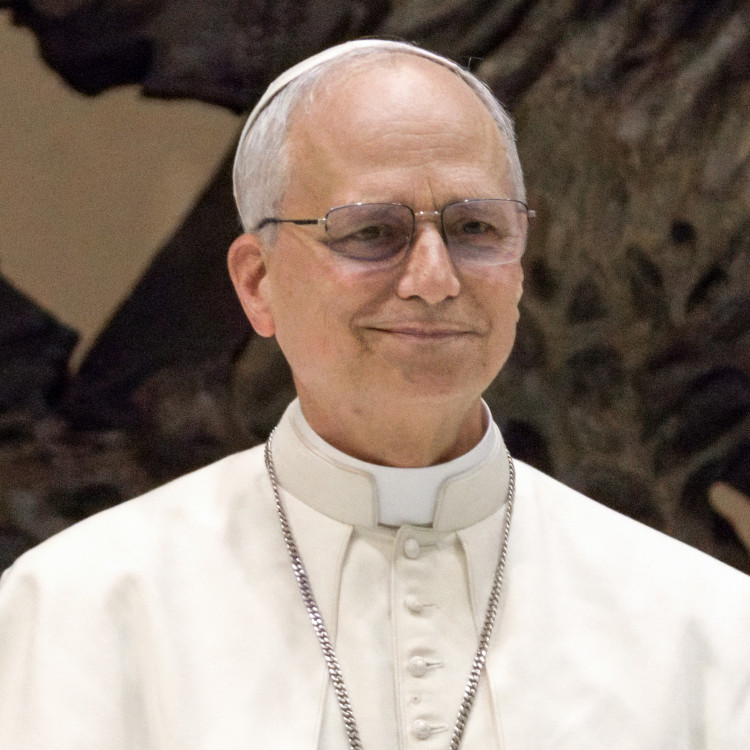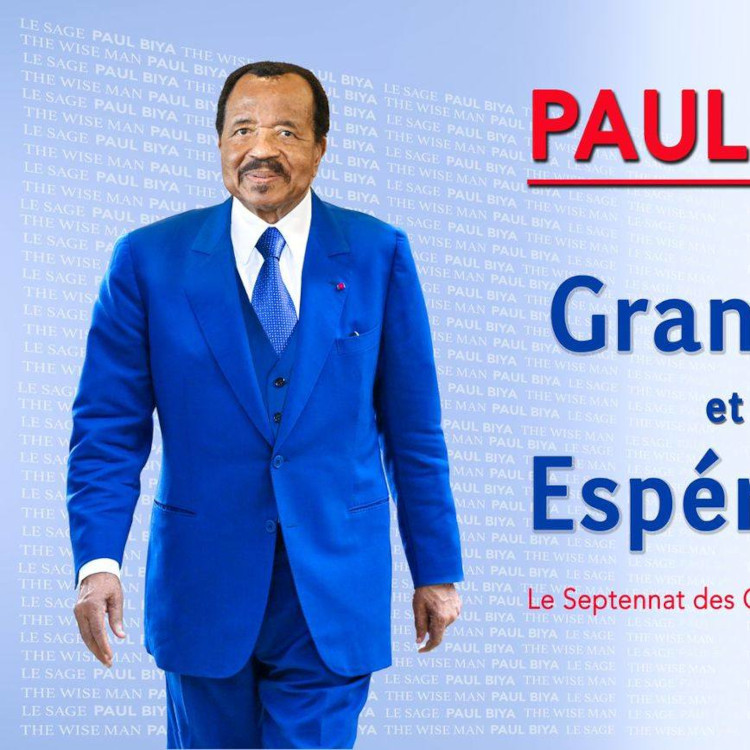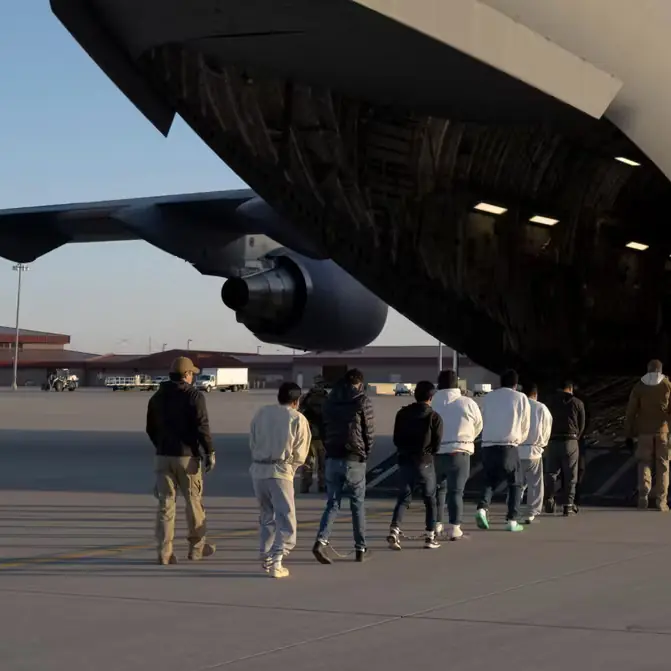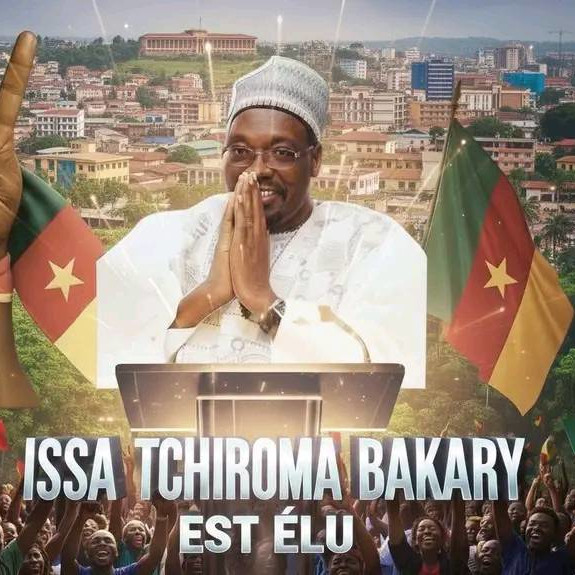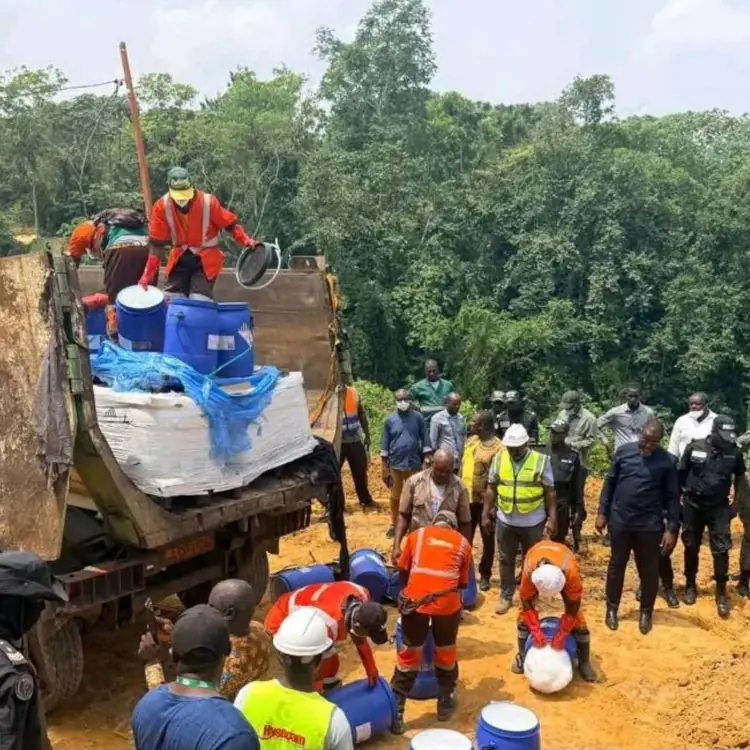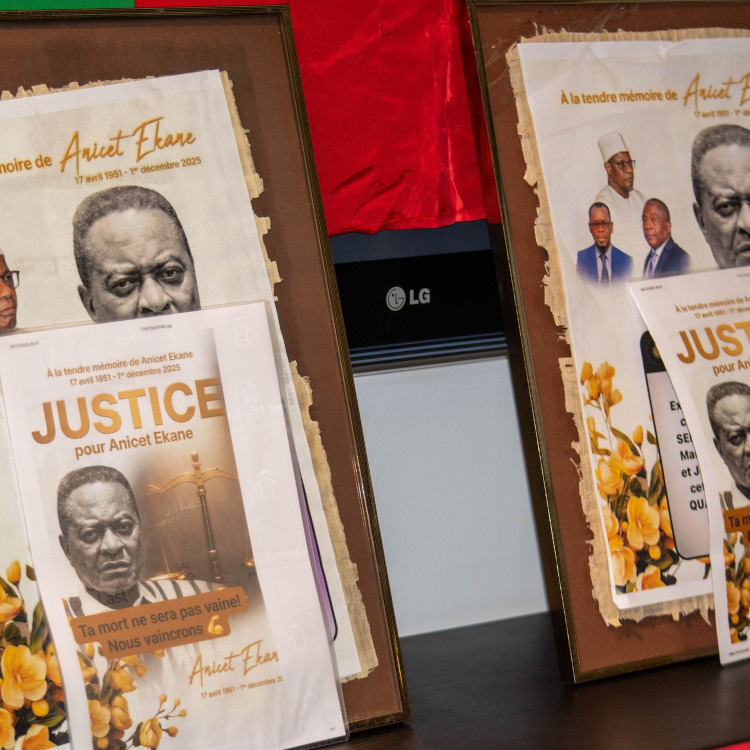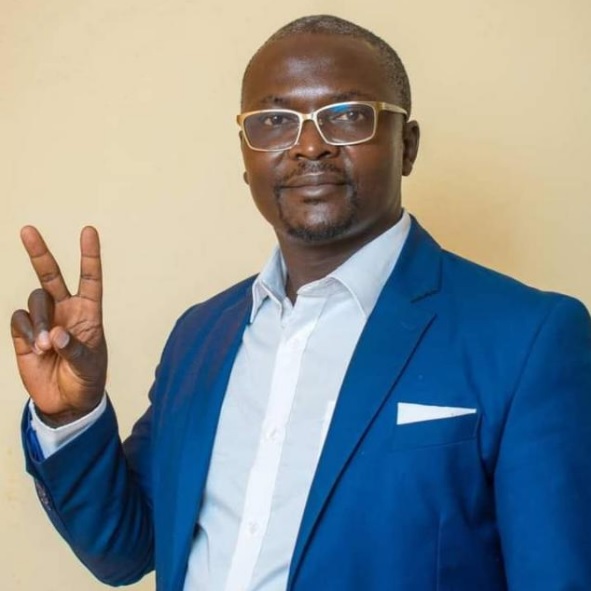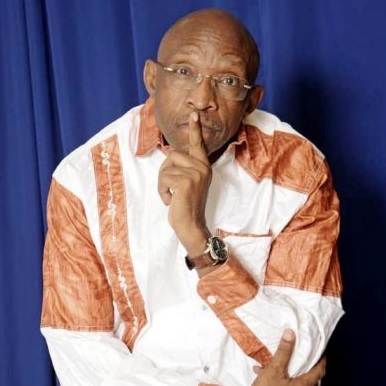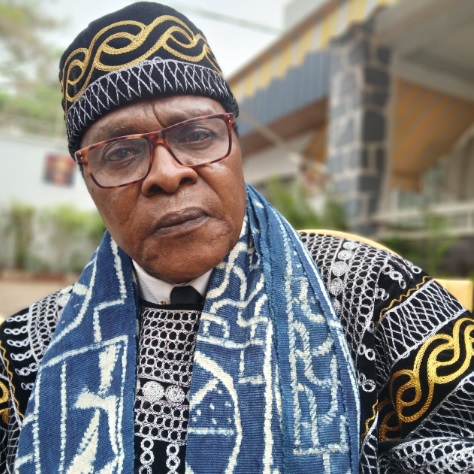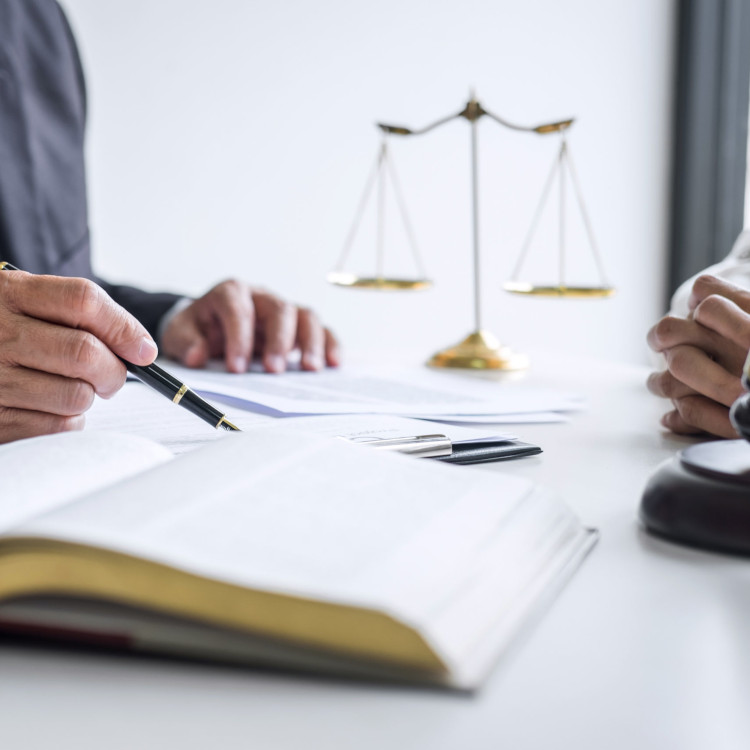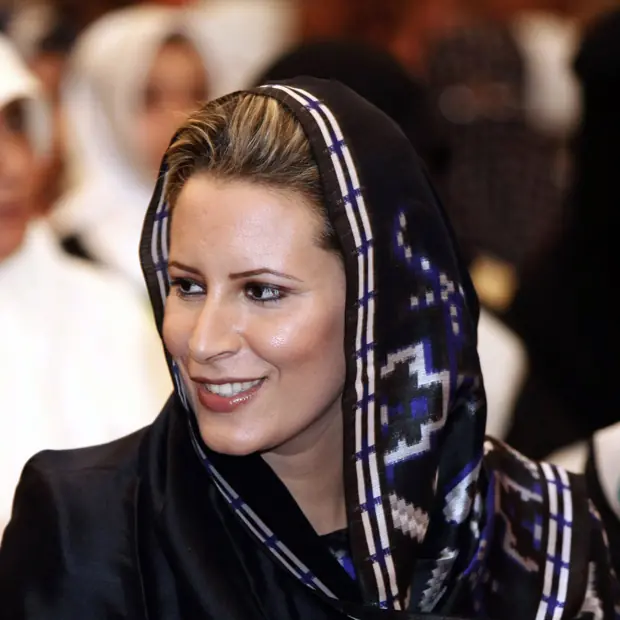

-
© Contributor : Denis Atemnkeng
- 19 Jun 2019 17:07:00
- |
- 2488
- |
CAMEROUN :: REACTION TO THE UPC INITIATIVE ON WHAT THEY CALL NATIONAL INCLUSIVE DIALOGUE :: CAMEROON
This article is a reaction to a document titled: “Pre-project of National Inclusive Dialogue (NID) in Cameroon”, prepared by J. Bahebeck, F. Nke, R. Momha, J.M. Mbackyem, J.A. Wouaffo and revised by Jean-Baptist Tsanga.
Without the slightest doubt, the project is a very good initiative of its authors. It shows at least that there are still some citizens of Republique du Cameroun whose minds have not been confiscated in every sense by the ongoing crisis in Cameroon and the blinding propaganda of the regime. Whatever are the shortcomings contained in the initiative, we must admit that it is a first step in the right direction. Our hope is that the shortcomings are not the result of calculated blindness but genuine omissions which the authors will be able to see once they are pointed out to them. Human beings soon become slaves to ideologies which do not serve any purpose and which cannot in any way be justified, but which nevertheless are pursued because they are ideologies.
We totally agree with the authors that “there is no credible alternative other than dialogue”. But unfortunately, reading through the document, we fail to agree with the kind of dialogue the authors are proposing. The authors say the project is aimed at “restoring peace, reconciliation and sustainable rebuilding of the Republic of Cameroon”. Rebuilding the Republic of Cameroon, Yes, but NOT the Southern Cameroons/Ambazonia.
It remains to be seen whether the authors can live with truth, justice and the rule of law, which are the only foundation for a lasting and sustainable peace, or whether, like all other Republique du Cameroun citizens, truth, justice and the rule of law should never apply to the relation between the People of the Southern Cameroons and Republique du Cameroun. It has been noticed that citizens of Republique du Cameroun pretend to be logical until they are asked a few questions on the Southern Cameroons conflict; then, all of them become illogical and confused, believing that they can annex the Southern Cameroons merely because they have the power to do so, or by relying on the silence of the rest of the world. When it comes to the Southern Cameroons question, Camerounese scholars, officials, intellectuals talk about peace without justice; without truth, without the rule of law. What kind of peace can that be?
How painful it is to see Africans who only yesterday were accusing White People for colonisation to become the most avid defenders of colonialism and being ready to kill to maintain their colonial grip on a neighboring peaceful people!
This project gives us an opportunity to open some discussion between citizens of Republique du Cameroun and the Southern Cameroons, if only both sides are willing to live by truth, justice and the rule of law. The writer of this article assumes that the authors of the Project are familiar with the genuine history of the Southern Cameroons; the resolutions of the United Nations on decolonization and the principles of international law on territoriality, particularly the fact every nation’s territory is confined to the territory it inherited on its day of independence subject to any subsequently adjustment in conformity with Article 102(1) of the UN Charter.
1. Let us begin by noting that the authors mix up two conflicts that should never be mixed up: the internal problems of Republique du Cameroun and the grievances of the People of the Southern Cameroons. The Southern Cameroons conflict has nothing to do with the internal squabbles within Republique du Cameroun. The authors have assumed, as citizens of Republique du Cameroun often do, that the Southern Cameroons is an integral part of Republique du Cameroun. The question is: when and how did the Southern Cameroons become part of Republique du Cameroun? Can any of the authors publish the instrument of international law by which Republique du Cameroun lays claim to the Southern Cameroons’ territory? The UN-organised Plebiscite of 1961 was not an act of law nor an instrument or treaty, but was merely a consultative process. Furthermore, the Plebiscite was never about integrating the Southern Cameroons into Cameroun, but about Southern Cameroons independence, though in confederation with either Nigeria or Cameroon. The form of relation intended between the two Cameroons was a federation of “two states equal in status”; in other words, a kind of joint venture between the two Cameroons. The purported 1961 federation was a unilateral act of the parliament of Republique du Cameroun; an amendment of its internal law! The Southern Cameroons House of Assembly never passed any law to create a federation with Republique du Cameroun because there was no agreement on it. Can the authors then show the world the treaty of union between the two sides? Cameroon’s pretended claim has always been that either the Plebiscite was a mechanism by which to make a free gift of the people, government and territory of the Southern Cameroons to Republique du Cameroun, or that the 1972 supposed referendum in which Republique du Cameroun got its population, which was four times the size of the population of the Southern Cameroons to participate in a vote to abolish the federation, contrary to the provisions of Article 47 of the unilateral federal constitution, was legal.
The federation was the only thing that protected the identity and way of life of the people of the Southern Cameroons, and it was intended solely for the people of the Southern Cameroons. How could the citizens of French Cameroon participate in any vote to abolish the federation? Is it possible the people of the Southern Cameroons could voluntarily decide to remove the only protection of their identity and way of life? Could the people of the Southern Cameroons pass a death sentence on themselves? These are the absurdities on which the so-called “one and indivisible Cameroon” are based; acts of fraud! Let us even suppose merely for the sake of argument that a valid union was formed. If a voluntary union was formed, why should the people of the Southern Cameroons not be able to withdraw from it? Quebec has conducted two referenda to leave Canada and has the right to conduct as many as it wants; Scotland has conducted one referendum to leave the UK and is planning another one in 2020; the UK joined the European Union and has opted to withdraw. Can the authors tell the world in good conscience, why they think the people of the Southern Cameroons cannot withdraw from the supposed union? Can they tell the world why the Southern Cameroons must be tied forever to Republique du Cameroun and in permanent conflict? Which god and which law gave Republique du Cameroun the mission to annex and enslave the Southern Cameroons? What good does it serve for the two peoples, each with their internationally defined territory, to be forced together to live in permanent conflict?
2. The initiative shows that the UPC is completely out of touch with the grievances of the People of the Southern Cameroonians, which are: illegal occupation of their territory by Republique du Cameroun and annexation. In this, the UPC is like all citizens of Republique du Cameroun who have been blindly indoctrinated to believe that the people of the Southern Cameroons made a free gift of their territory, government and people to LRC to become Cameroun’s eternal slaves. Would Cameroun surrender its territory to another people? What makes you believe that the Southern Cameroons could do so? This is not about unity, because no two neighbours have ever joined their two houses to become one house and to live in permanent conflict! This is basic human common sense! What we face is clear colonisation and illegal occupation. Not even a treaty of union, which does not exist, could pass sovereignty over the territory of the Southern Cameroons to Republique du Cameroun!
Let Cameroon know now and forever that the People of the Southern Cameroons are human too; they too are territorial beings; that they love their country, the Southern Cameroons/Ambazonia, just as citizens of Republique du Cameroun love their Cameroun; that they want to fly the Ambazonian flag, not the colonial flag of Cameroun; that they want to sing the Ambazonian anthem, not the colonial anthem of Cameroun; that they want to live under Ambazonian laws, not the colonial laws of Republique du Cameroun; that they want to use their own inherited language, not the imposed French of colonial Cameroun; that they want to follow their own system of education and laws, not those imposed by Cameroun! Republique du Cameroun and all its believers, have introduced the apartheid that nationhood is for Republique du Cameroun, and not for the people of the Southern Cameroons; that the people of the Southern Cameroons are only good to obey foreign and alien orders from their superiors from the neighbouring country of Republique du Cameroun; that the people of the Southern Cameroons do not know the value of territory and Republique du Cameroun should govern its own territory and cross its borders and impose its will on the people of the Southern Cameroons! We reject this apartheid and worst form of colonialism with everything in our blood!
3. The authors have shown in their project that they are believers in the “one and indivisible Cameroon”, which is the product of lies, falsehood and swindle against the people of the Southern Cameroons. The authors have betrayed themselves and their prejudices by not attacking the falsehood on which the one and indivisible Cameroon is based. Every person who thinks aright cannot fail to see the massive fraud and mischief practised by Republique du Cameroun against the people of the Southern Cameroons: Republique voted against union with the Southern Cameroons when the matter came up in UNGA Res. 1608(XV) of 21 April 1961; the federation of two states equal in status was passed unilaterally by a simple amendment of an internal law of Republique du Cameroun; the unilateral federal constitution prohibited, in article 47, a change in the federal structure of the country; Cameroun changed it unilaterally in violation of that constitution and in its place established the “one and indivisible Cameroon”. If the federation which was declared by the constitution as unchangeable was changed by fraud, why can the “one and indivisible Cameroon” not be changed by law? The people of the Southern Cameroons are not saying that they want the one and indivisible Cameroon to be changed as a solution to annexation. No, they are simply demonstrating the fraud in which Cameroon lives. We have no choice than to regard the authors as neocolonialists in disguise; people who would promote the armed robbery of one Cameroon against another; the enslavement of one African people by another under the pretext and guise of non-existent unity! Nations and empires are meant for human beings, not human beings for nations. Empires and states have collapsed but human beings have continued to live. Why this tyranny?
4. As far as the Southern Cameroons conflict is concerned, the idea of a “national” dialogue is out of the question. Colonialism, illegal occupation of territory and annexation are all systems that survive only on violence, intimidation, fraud, bribing of consciences, falsehood and theft. The current war against the people of the Southern Cameroons is absolute proof. No dialogue has ever cause a colonial regime to see its faults or to change. The colonial wars, some of which were the most bitter in history, are proofs enough for all of us to see. Therefore it is out of the question to ask Cameroun, the illegal occupant of the territory of the Southern Cameroons, to chair a dialogue in which the illegal occupation would be discussed. The only possible dialogue is one under internal auspices, in neutral territory, and chaired by a neutral facilitator. If Cameroun wants to organize another dialogue to solve its internal problems, that is up to it. But the two problems cannot be solved on one table, because they are not the same. The Interim Government of the Southern Cameroons/Ambazonia has repeatedly published the minimum conditions for an inclusive dialogue without pre-conditions. Any dialogue to solve the Southern Cameroons conflict has only two parties: Republique du Cameroun and the Southern Cameroons. In the project proposed by the authors, those described as “separatists” have only 3 seats out of 100! If you are to go by any logic, consider this: that since the war began the people of the Southern Cameroons have consistently boycotted all Republique elections, national events and national days. Is that not enough to tell you that the so-called separatist control the population?
5. Again the initiative places the author and originator of the war, Mr. Paul Biya, as a judge and party in the case. Let it be said quickly that with or without Paul Biya, the war was bound to arise sooner or later because of the absolute incompatibility between the two peoples; but he, Paul Biya, has not only declared the war but failed to stop it when he has all the power to do so. Africans have the tendency to assume that tribal values have something to do with state systems. This is an illusion. Gambia joined Senegal but it could not last although they speak the same African language and eat the same foods and some call them “same people”. This is because our tribal values contribute almost nothing to the state system. Therefore it is complete falsehood to believe that the people of the Southern Cameroons can live in peace with the people of Republique du Cameroun! A Zulu from Mozambique can live happily with a Zulu from South Africa, but when it comes to state affairs, they must part company!
CONCLUSION
Jesus Christ laid down the basic rule for peace in the world: “Do onto others as you would have them do onto you”. If the people of Republique du Cameroun could for once put themselves in the shoes of the people of the Southern Cameroons, they would very quickly see the enormous evil in which their leaders have put the two Cameroons. Camerounese treat the people of the Southern Cameroons even less than animals! Animals fight over their territory and defend their space or existence with everything they got. Cameroun does not even imagine the people of the Southern Cameroons fighting for their own territory and space of existence! Cameroun assumes that it owns its territory and that of the people of the Southern Cameroons as if the people of the Southern Cameroons were mere fixtures in their territory! These two peoples can be good neighbours, but they must never share the same house! There is absolutely no reason to create a one Cameroon out of the two Cameroons! Even if Cameroun were to win the war today, that will not be the end of the conflict; more conflicts must arise in the future. Cameroun has been trying for 58 years to transfer the allegiance of the people of the Southern Cameroons from their nation, Ambazonia, to that of Republique du Cameroun, and it has failed. It will never succeed! Let the people of the Southern Cameroons rule themselves on their own territory and the people of Republique du Cameroun rule themselves on their own territory. That is the only basis for lasting peace; that is the basis on which each people can fulfil the purpose of their existence on earth; that is the basis on which each people can be happy. All other concoctions will produce only conflict and war, if not now in the future.
The Czechs and the Slovaks lived together in one Czechoslovakia until they found that they were fooling themselves, and decided to break up peacefully. Yugoslavia was a one and indivisible Yugoslavia under Tito; it is today four separate nations; Rwanda and Burundi were one nation, but are two today. Why do Camerounese leaders kill, maim, torture and ruin the lives of hundreds of thousands of people to preserve the lie and falsehood called one Cameroon?
THE QUESTIONS WE CALL ON CAMEROUN AND THE AUTHORS TO ANSWER
1. The question is not whether we can keep Cameroon one; the question is why should the two Cameroons be one at all? Think of two people with their own respective homes who then, supposedly, decide to come together to live in antagonism, mutual suspicion, torture and unhappiness! Why should they do it? That is the question facing us with the two Cameroons. What good do we want to achieve by putting two completely incompatible peoples together? Which god, which law or which theory imposed this mission on us?
2. Is the current Cameroon capable of facing the truth and surviving or it will die in falsehood? The truth is that Republique du Cameroun voted against the independence of the Southern Cameroons in UNGA Res. 1608(XV) of 21 April 1961; that it passed Law No. 24/61 on 1 September 1961 claiming the Southern Cameroons as its territory even while it was still a UN Trust territory; that the federation was unilaterally imposed as the Southern Cameroons House of Assembly never adopted any law on federation; that Republique violated its own unilateral federal constitution by abolishing the federation which was meant exclusively to protect the peoples of the Southern Cameroons and whose abolition was prohibited by Article 47; that it imposed the one and indivisible Cameroon to subjugate the people of the Southern Cameroons and prevent them from ever expressing themselves, etc., etc. Is Republique du Cameroun able to admit all these acts of fraud against the people of the Southern Cameroons?
3. There is constant confusion concerning the Plebiscite questions. Those who want to confuse the matter simply say the people of the Southern Cameroons voted to join Republique du Cameroun. Nothing could be farther from the truth. To see the difference, we have to see the questions asked in Resolution 1350 (XIII) of 13 March 1959 and those of the Plebiscite, Res. 1352 (XIV) of 16 October 1959.
3.a. “(a) Do you wish the Northern Cameroons to be part of the Northern region of Nigeria when the federation of Nigeria becomes independent?”
(b) “Are you in favour of deciding the future of the Northern Cameroons at a later date?” (Res. 1350 (XIII) 13 March 1959).
3.b. “(a) Do you wish to achieve independence by joining the independent Federation if Nigeria?” “(b) Do you wish to achieve independence by joining the independent Republic of the Cameroons”? (UNGA Res. 1352 (XIV) 16 October 1959).
4. By no falsification can we say these two questions are the same. The Plebiscite was about Southern Cameroons independence, though in association with Nigeria or Republique du Cameroun. And this is why the UN followed up and actually conducted a vote on the Southern Cameroons independence in Res. 1608(XV) of 21 April 1961.
5. Is Republique du Cameroun a successor state to French Cameroon or to German Kamerun? Was there any German title to be inherited by Repuqlique du Cameroun at the time it achieved independence? Absolutely none! Should Italy claim to be the successor state to the Roman Empire and thus lay claim to the territory of the UK? Should India claim to be the successor state to British India and thus lay claim to the territory of Pakistan and Bangladesh?
6. Which territory did Republique du Cameroun inherit on the achievement of independence on 1 January 1960?
7. Did that territory include the territory of the Southern Cameroons? NO.
8. Why were treaties made between France and Britain to demarcate the boundary between French Cameroon and British Southern Cameroons? Are those boundaries valid? Why did Britain and France respect those boundaries? ((1) The Franco-British MILNER/SIMON Declaration of 10th July, 1919. (2) THOMSON/MARCHAND Declaration of 9th January, 1931)
9. Should the successor state to French Cameroon also respect those boundaries?
10. Was the Plebiscite an exercise in self-determination or a death sentence the people of the Southern Cameroons passed on themselves? Quebec has had two referenda on whether to leave Canada, and is entitled to make as many as it wants; Scotland has had a referendum on whether to leave the UK and is planning another one in 2020; the UK joined the European Union and is withdrawing; Djibouti had three referenda on its fate. Who says that the people of the Southern Cameroons cannot join Republique du Cameroun and withdraw? And which law says so?
11. Were the boundaries of German Kamerun valid? Were the boundaries of territories formed from the breakup of German Kamerun valid? Were the boundaries of the Roman Empire valid? Are the boundaries of territories formed from the breakup of the Roman Empire such as France, Italy, Britain, etc., valid? Are the boundaries of Rwanda and Burundi valid even
though they were one country until 1962? Are the boundaries of India, Pakistan and Bangladesh valid even though they were all parts of one British India? By what law does Republique du Cameroun claim that the boundaries of the British Southern Cameroons are not valid because it was a part of German Kamerun?
12. Who and what law authorized Republique du Cameroun to claim inheritance to German Kamerun that ceased to exist in 1919? Who made the boundaries of German Kamerun eternal to Republique du Cameroun?
13. If the Southern Cameroons had voted in the Plebiscite to achieve independence by joining Nigeria, would Republique du Cameroun have waged war against Nigeria? Why did Republique respect the boundaries of the Southern Cameroons even after 1 January 1960?
14. German Kamerun formally ceased to exist in 1919 after the signing of the Versailles Treaty. German Kamerun was not just territory, but a defined territory with German title to it. That territory remains, but there was no longer any German title to it as from 1919! Consequently, it is a complete hoax to talk of claiming German Kamerun! That is to say, Germany lost all title to those territories and new owners acquired legal title to the territory that was formerly German! How reasonable is it for Republique du Cameroun, that was born only on 1 January 1960, to claim title to territory when the titled was nullified and ceased to exist in 1919 or when the title now belonged to different owners? Or to claim that a man who died in 1919 gave birth to a child on 1 January 1960? The claim of inheriting German Kamerun is an act of theft on the new owners! At the birth of Reqpublique du Cameroun, there was no territory called German Kamerun; title to that territory now belonged to different nations. French Cameroun was a product of the dismemberment of German Kamerun! It is a complete impossibility for Republique du Cameroun to inherit title that does not exist anymore!
15. Why is Republique du Cameroun not claiming those parts of German Kamerun that are presently in Nigeria, Chad, Central African Republic and the Congo?
16. Does Republique du Cameroun believe in the application of international law to this conflict? Why then is Republique not accepting mediation and dialogue?
17. Can Republique du Cameroun quote a single article of the UN Charter or the African Union instruments on the basis of which it claims jurisdiction over the territory of the Southern Cameroons?
18. Is it easier for Republique du Cameroun to declare war and slaughter innocent civilians or to publish the instruments of international law on the basis of which it is claiming jurisdiction over the territory of the Southern Cameroons?
19. Is the current Cameroon able and willing to allow the people of the Southern Cameroons form political parties dedicated entirely to the education and mobilization of their people as we see in Quebec and Scotland, for example?
20. Is the current Cameroon willing and able to allow the people of Southern Cameroons the right to peaceful assembly, which right has been denied for all the years of annexation?
21. Is Republique du Cameroon willing to allow that English should be the official language in the Southern Cameroons, even as we see with the languages of different regions in Ethiopia?
22. Is Republique du Cameroun willing to allow that the people of the Southern Cameroons should use their legal and educational systems without any obstruction from Republique du Cameroun?
23. Is Republique du Cameroun willing to allow that the people of the Southern Cameroons should sing their own anthem; fly their own flag; celebrate their own Independence Day, etc?
24. Is Republique willing to allow the true history of the two Cameroons to be taught in schools?
25. Who owns the territory of the Southern Cameroons? Is it the people of the Southern Cameroons or Republique du Cameroun?
26. Do you believe that the people of the Southern Cameroons would voluntarily want to live together with Republique du Cameroun?
27. Would Republique du Cameroun want to give a chance for the people of the Southern Cameroons to decide if they want to live together with Republique du Cameroun?
28. Why is Republique du Cameroun making war against the people of the Southern Cameroons?
We thank you for reading.
Pour plus d'informations sur l'actualité, abonnez vous sur : notre chaîne WhatsApp
Lire aussi dans la rubrique POINT DE VUE
Les + récents
Aïcha Kadhafi lance un avertissement à l'Iran : « Négocier avec l'Occident mène à la destruction »
Gaëlle Enganamouit : l'ancienne Lionne Indomptable serait devenue maman de jumelles
10 rapatriés des États-Unis libérés après une détention secrète et discriminatoire
Quand Célestin Monga passait au crible la politique du Renouveau de Paul Biya dans le Messager
Drame à l'hôpital d'Ebolowa : une femme meurt après l'opération d'un faux chirurgien
POINT DE VUE :: les + lus





Cameroun,33 ans de pouvoir: Les 33 péchés de Paul Biya
- 10 November 2015
- /
- 106446
LE DéBAT




Afrique : Quel droit à l'image pour les défunts au Cameroun ?
- 17 December 2017
- /
- 229851

Vidéo de la semaine
évènement


